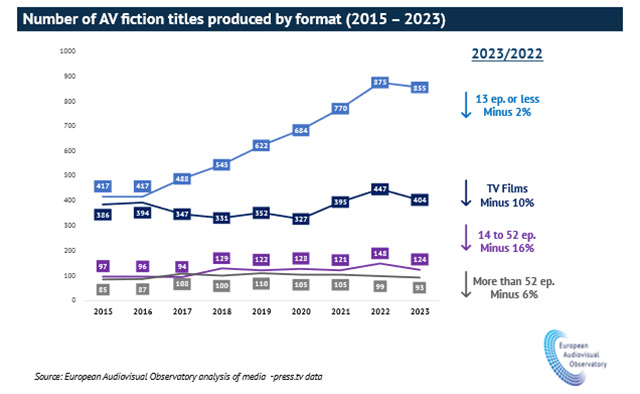Football
European football chiefs slam FIFA over schedule

BRUSSELS — European football chiefs and the global players’ union, FIFPRO, united on Monday to criticise FIFA over the global football calendar as they filed an antitrust lawsuit against the global football governing body.
FIFPRO and the European Leagues, which represents 37 domestic leagues, jointly filed the lawsuit at the European Commission in Brussels in which they argue global football’s governing body FIFA is abusing its right as both tournament organiser and regulator.
LaLiga president Javier Tebas said Monday has been “one of the most important days in football” and compared the case to that against the failed European Super League, while Premier League boss Richard Masters said in a statement that football has reached a “tipping point.”
LaLiga is not a member of the European Leagues but it is a part of Monday’s lawsuit.
ESPN has approached FIFA for comment.
FIFPRO, the worldwide representative organisation for professional footballers, said it has tried to negotiate the issue with FIFA but said the governing body has “consistently refused” to consult them. It has also described FIFA’s intention to host its expanded Club World Cup competition in the United States this summer as a step too far.
Player workload been a hot topic in football over recent seasons, with players and coaches repeatedly urging organisers to condense the schedule and allow players more rest. Last month, Manchester City midfielder Rodri said players are “close” to going on strike over the issue.
“It is getting to a tipping point,” Masters said in a statement.
“The feedback we have from players is that there is too much football being played and there is constant expansion. The Premier League hasn’t changed shape. What has changed over the last few decades is the march of international and regional football competitions.”
FIFA argues that its most recent calendar, set through to 2030, was approved by its council which “included FIFPRO and league bodies.”
It said in July, when the antitrust lawsuit was first announced: “FIFA’s calendar is the only instrument ensuring that international football can continue to survive, co-exist, and prosper alongside domestic and continental club football.”
A source told ESPN that FIFA believes the Club World Cup will have a minimal impact on the football calendar or on player welfare, given it will be held once every four years, featuring a maximum of seven games.
A recent analysis published by Opta shows that, while City played the most games last season (59), the majority of teams in Europe played fewer than 50 matches, with five Premier League sides playing 42 games last season — just four more than the league season.
Another recent paper by CIES Football Observatory found there is only a minor difference in the number of games players play per season compared to previous decades.
However, FIFPRO said their research shows 72% of players are in support of reducing the calendar and ensuring a mandate rest period, as well as data that says 17% of players made over 55 appearances last season and 30% had a sequence of six “back-to-back” matches.
FIFPRO and the European Leagues argue that FIFA is abusing its status as a governing body and tournament organiser, saying the body favours its own competitions rather than looking out for player welfare.
The antitrust lawsuit is not the only case against FIFA regarding the international match calendar. Domestic players unions in England, France and Italy took legal action against the governing body at the Brussels Court of Commerce in June and they are attempting to have the case tried at the European Court of Justice.
That case centres on employment law and players’ rights to holiday. One of their aims is to have a mandated rest period — between three to four weeks per year — for players to recuperate.
European governing body UEFA has also increased its schedule, notably with the new Champions League format, but not been targeted in the complaint to regulators.
Mathieu Moreuil, Premier League director of international football relations and EU affairs, said that was because FIFA was responsible for the international calendar and relations were different with UEFA thanks to dialogue.
Information from Reuters contributed to this report










